HOME > Basketball
Survival paradox of small market teams: The front line between the championship and the crisis of demolition
12:02pm, 3 June 2025【Basketball】
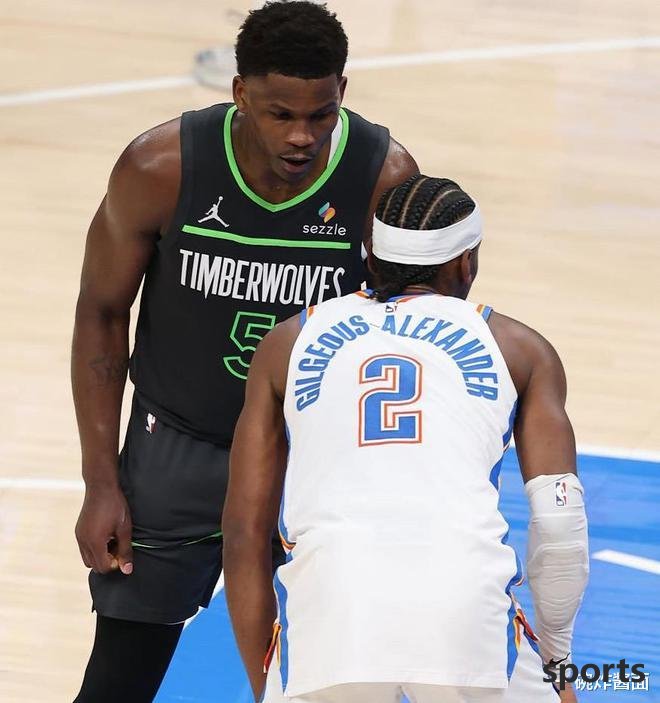
1. Introduction: When the "Miracle Small Ball Market" hit the real iron wall
2025 playoffs, three small market teams, the Oklahoma City Thunder (68 wins and 14 losses), the Minnesota Timberwolves (49 wins and 33 losses), and the Indiana Pacers (50 wins and 32 losses), gathered in the division finals, and were regarded as the counterattack benchmarks of the "anti-group era". However, when Giannis Antetokounmpo's resignation news came out, when the third young master of the Thunder was about to trigger a 900 million salary bomb, when the Timberwolves and the Pacers faced the pressure of core contract renewal, the cruel reality teared open the warm appearance - in the NBA's business logic, the window period for small market teams has always been a tightrope for winning and demolishing the team.
2. Thunder: The Countdown to Salary Behind the Draft Myth
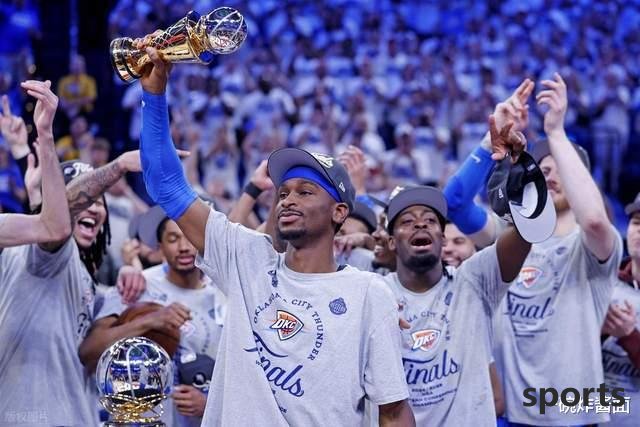
(I) The youth storm builds a pyramid for championships
With the "cultivation system" strategy of hoarding 33 draft picks in six years, the Thunder rose from the quagmire of 2019 to the top-level team in the top four in the offensive and defensive efficiency list. Alexander (average 31.4 points and 5.2 assists per game) transformed into the new king, and Homgren (average 2.8 blocks per game) supported the defensive barrier, swept the Grizzlies 4-0 in the first round of the playoffs, and eliminated the Nuggets in the second round, showing the terrifying resilience of the young lineup. The team built a suffocating defense with 10.5 steals (first in the league) and 11.2 turnovers (fewest in the league), becoming the only team that ranked among the top four in the league in offense and defense efficiency.
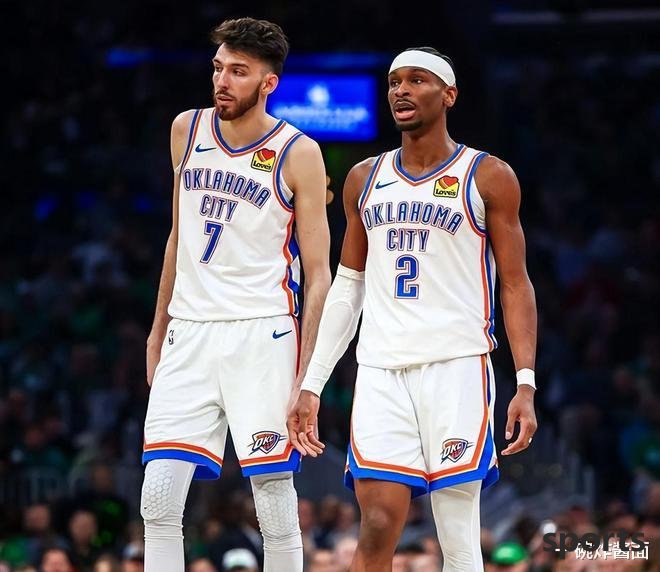
(2) The 900 million salary bomb is about to detonate
In the summer of 2026, the contract renewal of Alexander (380 million in five years), Homgren (maximum salary), and Jaylen Williams (maximum salary) will form a super salary triangle, directly eating up 90% of the salary space. What's even more serious is that the contract options for role players such as Haltenstein and Dortmund are superimposed on the expiration of rookie dividends, forcing the management to face the dilemma of "maintaining the three giants and losing depth". Referring to the Nuggets case, when the rookie cannot realize his talent in time (only Braun grows into a qualified rotation), the championship lineup will collapse quickly - the Thunder's 33 draft picks reserve is not only hope for the future, but also the only bargaining chip for current trading.
(Three) Are you betting on the present or dormant in the future?
If you fail to win the championship this season, the Thunder may be forced to launch the "Superstar Harvest" plan: use draft picks to trade Antetokounmpo, and use short-term championships to exchange for market attractiveness; but if it fails, the summer of 2025 may become the end of the "Three Young Era" - after all, Oklahoma City's market size is less than 1/10 of Los Angeles, and the boss will find it difficult to bear the super luxury tax for a long time.
3. Timberwolves: Overdrawing the future of desperate bets
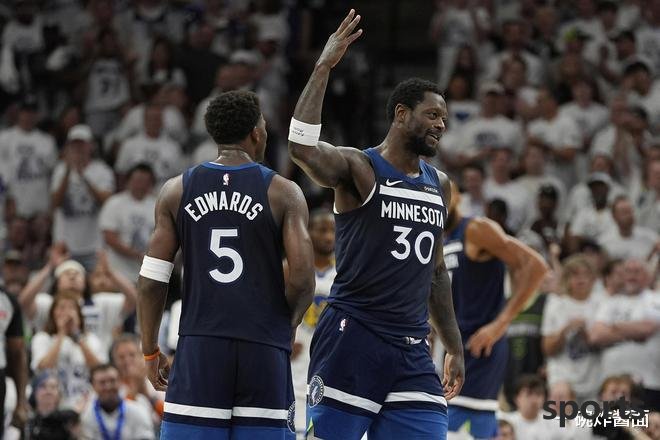
(I) The peak of the Edwards era
In 2022, 6 first-round picks were exchanged for Gobert, and in 2024, he sent Towns to exchange for Randall. The Timberwolves bet on creating the three giants "Huazi + Randall + Gobert", and entered the Western Conference Finals for two consecutive years. Edwards (averages 23 points and 7.4 rebounds per game in the Western Conference Finals) showed his superstar potential, Randall (21.7 points and 5.9 rebounds in the playoffs) became a key puzzle, and the team's forward defensive efficiency (108.5) ranked among the top three teams in the playoffs.
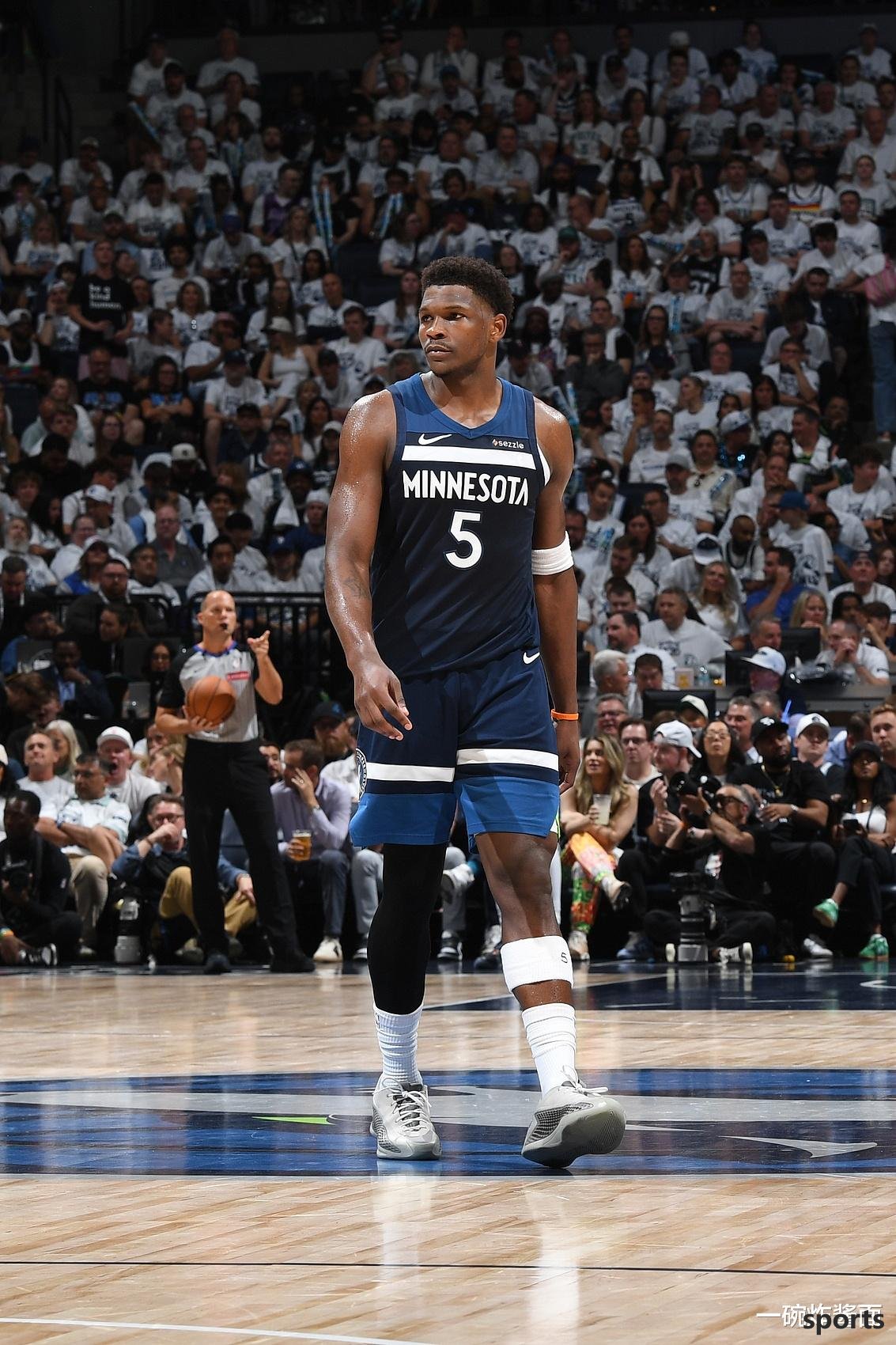
(II) The sequelae of overdraft picks broke out
The consequences of management's desperate bets are emerging: there are only 2 first-round picks left in the next seven years, and the salary space is firmly locked by Gobert (205 million in 5 years) and Edwards (260 million in 4 years). In the 2025 offseason, the renewal of Randle (31 million player option) and Reed (10.5 million player option) will test the team's patience - the former has been powered off many times in the key matches of the Western Conference Finals, while the latter has insufficient scoring ability in the inside (6 points per game) has been fully exposed. What's even more fatal is that 37-year-old Conley is about to retire, and his point guard position is in a bad position, becoming a time bomb on the road to championship.
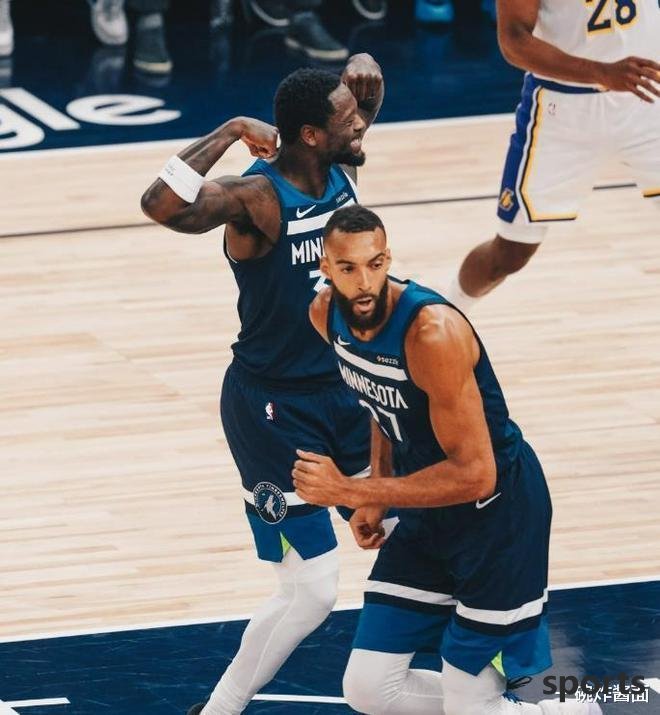
(III) The cliff risk from "dark horse" to "mediocrity"
Once Edwards loses patience with the championship progress (refer to Durant's departure case), the Timberwolves will fall into the three-no situation of "no superstars, no draft picks, no salary space". The team tasted the taste of victory for the first time in the past 20 years, but it may have repeated the Bulls' "rose withering" in 2017 due to short-term record pressure.
4. Pacers: The fatal weakness of civilian basketball
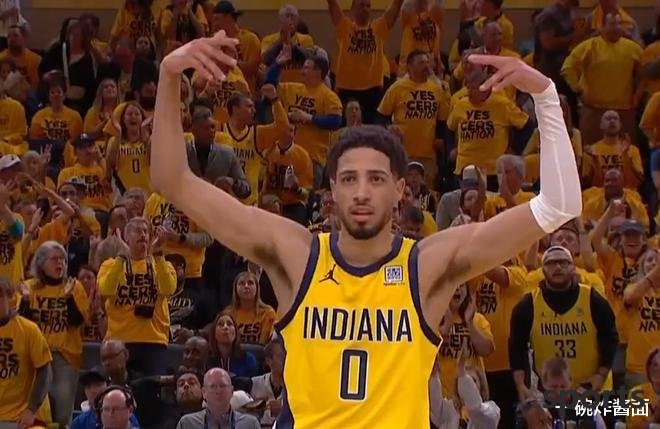
(I) The subversive success of Halliburton's system
Under the lead of Halliburton (22.8 points and 10.3 assists per game), the Pacers shocked the league with the tactic of "all people are soldiers": 6 players scored in double digits in the playoffs, ranking second in the league at 117.7 points per game, eliminated the Bucks 4-1 in the first round, and overturned the Cavaliers 4-1 in the second round, becoming the biggest dark horse in the East. The team has no absolute superstar, but it has achieved a dimensional attack with the "15 pick-and-roll" tactic (Halliburton + Turner) and 10-man rotation (substitutes averaged 48.6 points per game).
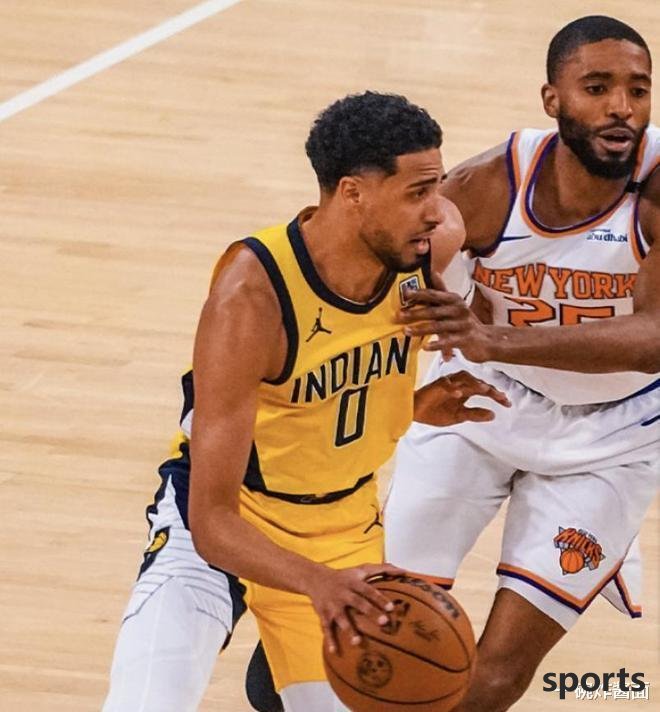
(II) Defensive loopholes and superstar vacuum period
Behind the gorgeous offense is the defensive potential: the team's defensive efficiency is only 112.3, ranking in the middle of the playoff team, and the key battle lacks a finale (the top 20 scoring players at the critical moments without Pacers). The more realistic problem is that Halliburton's contract is about to expire (270 million can be signed in 2026 for 5 years). Once it follows other stars to pursue a larger market, the Pacers' civilian lineup will lose its soul - after all, in the era of player empowerment, "team basketball" is difficult to fight against "superstar gravity".
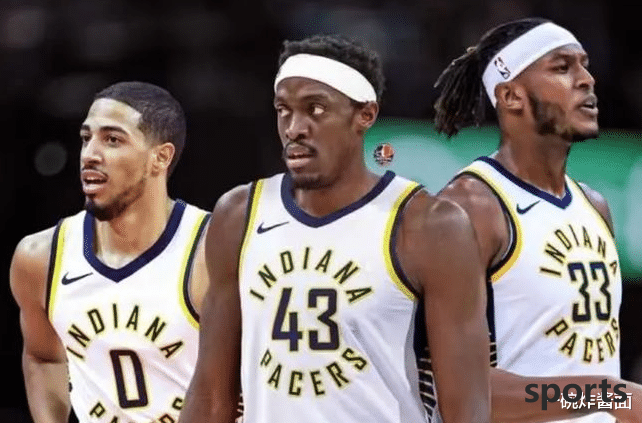
(III) Sustainability Challenge of System Basketball
Management faces cruel choices: either renew the role players (such as Siakam, Bruce Brown) with salary space to sacrifice future flexibility; or accept core loss and return to reconstruction - and the "star attractiveness disadvantage" of small-market teams makes the second path almost equivalent to the long darkness.
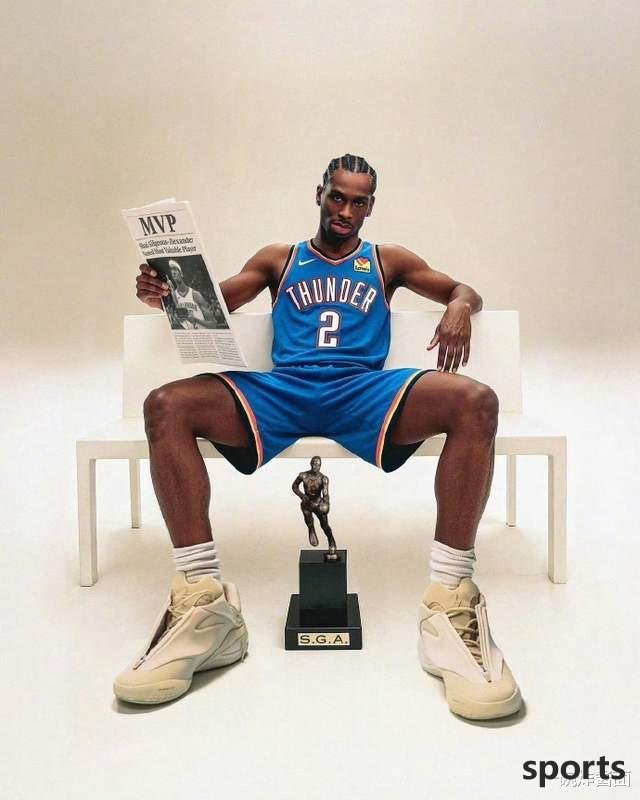
5. Conclusion: The equation of fate of small market teams
The Thunder's draft pick, the Timberwolves' superstar gambling, and the Pacers' system myth are essentially the survival strategy of small market teams under the "resource curse". When the labor-capital agreement tightens the luxury tax, and when stars tend to be more inclined to "destination cities" such as Los Angeles and New York, their championship window was compressed into a narrow gap - either seizing the opportunity to reach the top within 2-3 years, or watching the core loss and the lineup disintegration. This is the cruelest fairness in the NBA: small market teams can cultivate superstars with patience, but they can never stop the siphon effect of capital and honor. When Alexander, Edwards, and Halliburton stand at the crossroads of fate, their choice not only determines the direction of the team, but will also write a white paper on survival for small-market teams in the era of player empowerment - after all, in the world of professional sports, "loyalty" always requires the championship as a bargaining chip, and "demolition of teams" often begins with the chain reaction of failed championship competition.
bongda 7mRelated Posts
- 9 people performed well, the two heroes of 2009 "fighted with gods", who was the best player on the 15th?
- Wenban Yama s latest figure! Crazy transformation!
- A flash in the pan! The regret of the first generation of white horse spear!
- European Cup sad and happy night: Four teams qualify for three consecutive victories, and Doncic still finds a victory for 39+9
- Lakers news: James creates another miracle, Doncic polishes his weaknesses, American News suggests Sohawikins
- Very dissatisfied with the progress of the negotiations. The 76ers star in the backcourt may choose to sign a qualification offer?
- Analysis of Yang Hansen s second game performance in the summer league: Pros and cons are revealed
- Harden s 81.5 million details in two years: Keep the full middle class for the Clippers and no maximum salary after leaving the Rockets
- The top 50 players in the NBA s lowest winning rate are & No. 4 pick is shortlisted, the regicide is listed, and the number one declining god is only 20%
- Chalmos: James insists on physical therapy in nightclubs, so he has never been seriously injured
Hot Posts
- 9 people performed well, the two heroes of 2009 "fighted with gods", who was the best player on the 15th?
- Wenban Yama s latest figure! Crazy transformation!
- A flash in the pan! The regret of the first generation of white horse spear!
- European Cup sad and happy night: Four teams qualify for three consecutive victories, and Doncic still finds a victory for 39+9
Recommend

Winning 3 consecutive victories, the 7-for-1 trade worked hard! After the 3-point buzzer-beater, the Magic finally found Bane s instructions
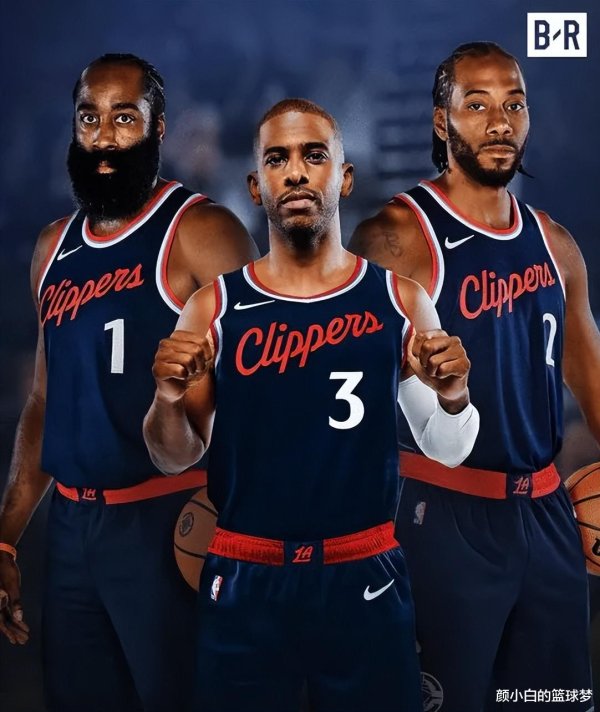
Three people are 109 years old: Are the Clippers signing overestimated? The odds of winning the championship with 11 people aged 33 years old are not changed
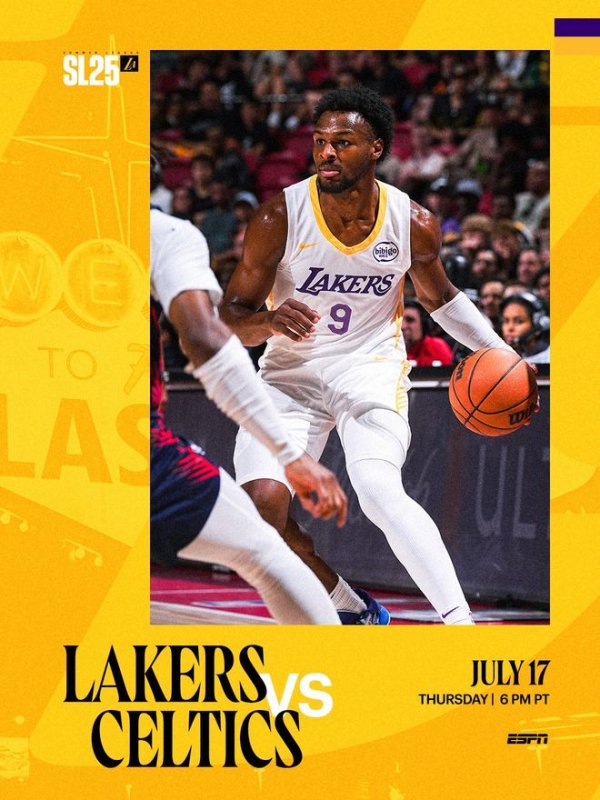
Xia Lian-Brownny is unable to save his master 18+5, Lakers lose to the Celtics and suffer two consecutive defeats

Jokic made the words clear after the game, Murray was overconfident! Westbrook laughed happily, and Edwards was also looked down upon

Five major leagues try to pass directly: Ding Ding ranked first, Kimmich and James are on the list
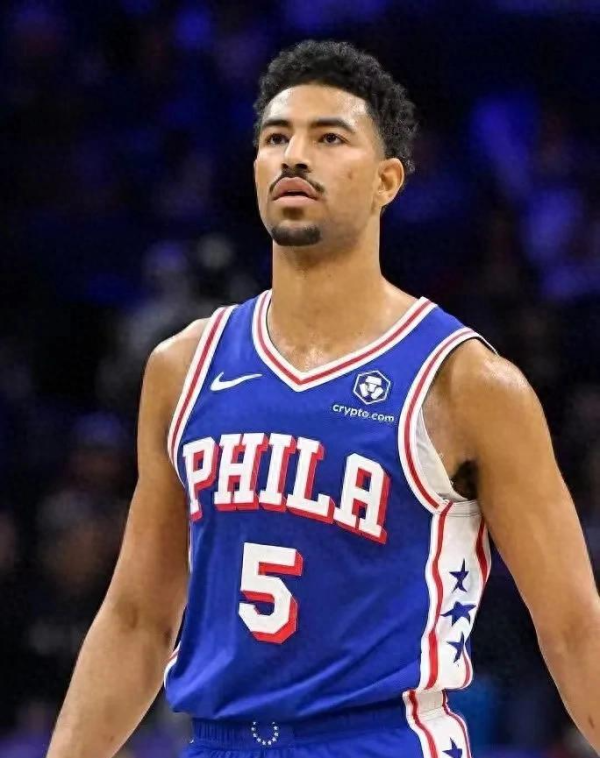
Beverly talks about Grames asking for a high salary: I fully support it, but we have to be realistic
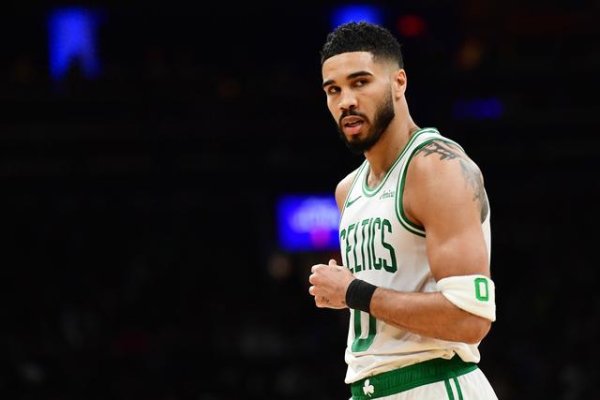
Tatum: The shooting is great but that s not all. If you want to be a great player, you have to win the away game.
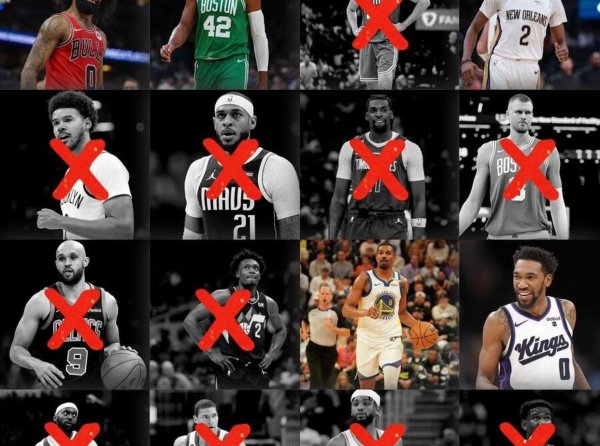
Between the preservation and change, how did the Jinzhou Dynasty continue to write legends?